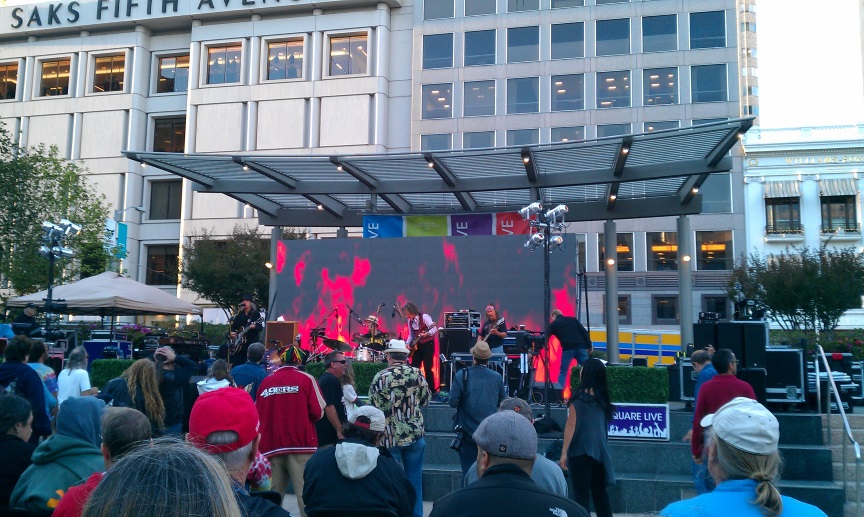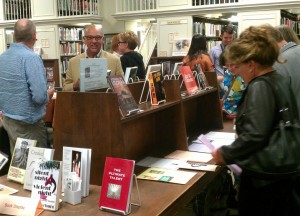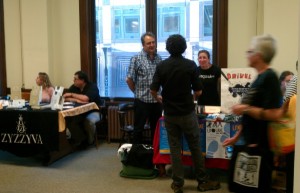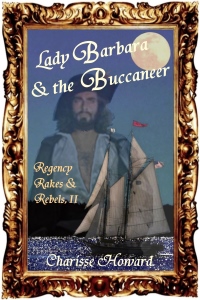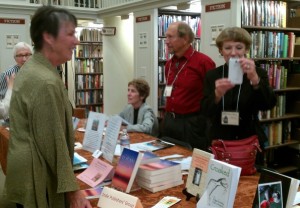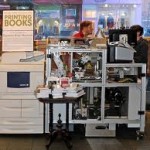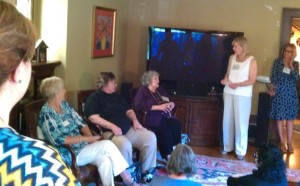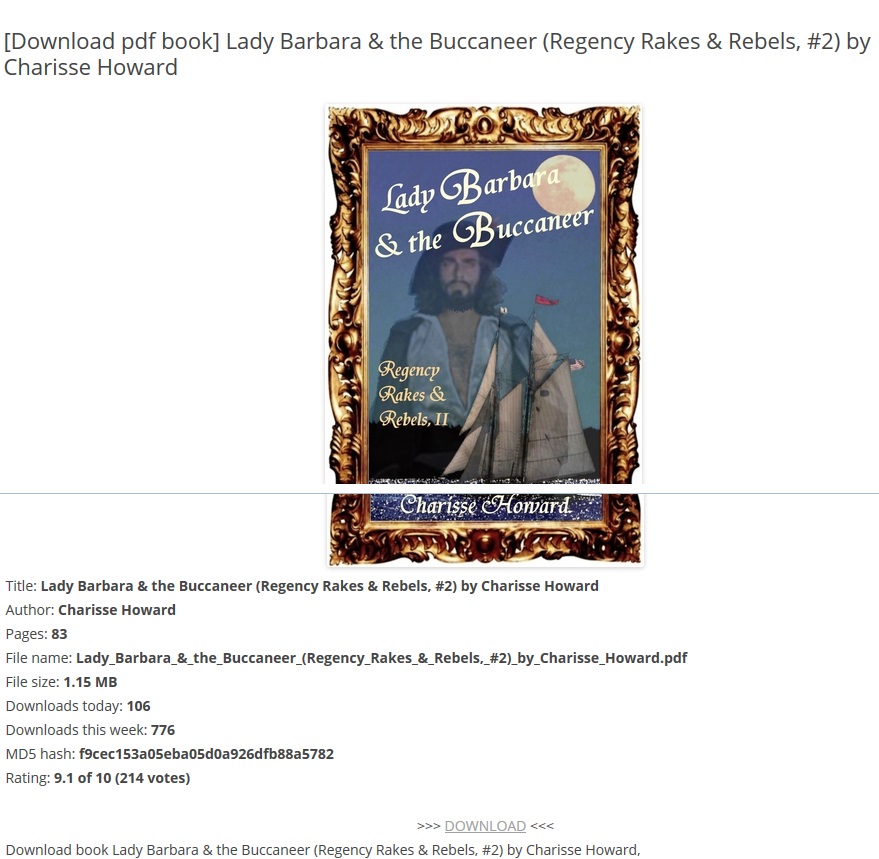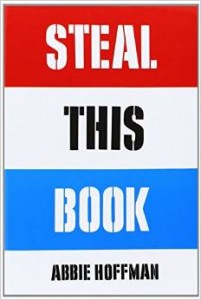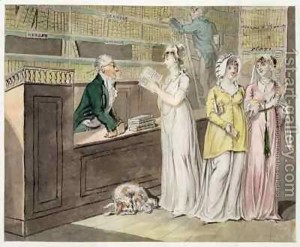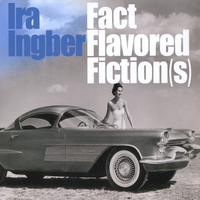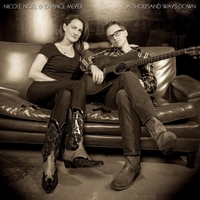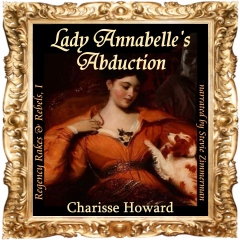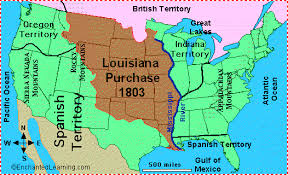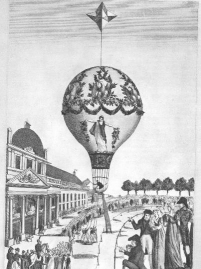I first met San Francisco almost 50 years ago, and it was love at first sight. I was young; California seemed as far away as Venus. My parents were determined to keep us apart. As soon as I got out of college and earned enough money for a plane ticket and a room at the Salvation Army’s Evangeline Residence, I took off for the Promised Land.
Nowadays “music, love, and flowers” is a cliche, but in the early 1970s it was a multifaceted miracle. Flowers welcomed me from a bitter East Coast February to mellow SFO. I found a studio apartment in a pre-quake building a block from Ocean Beach, complete with Murphy bed, oriental rugs, and a silk-upholstered armchair. When I walked down the street (often barefoot), I exchanged smiles with everyone I passed. On Saturday nights I sat in vast smoke-hazed halls drinking in one psychedelic band after another, watching Da-Glo frisbees sail from hand to hand while neon-bright oil drops pulsed on a giant screen.
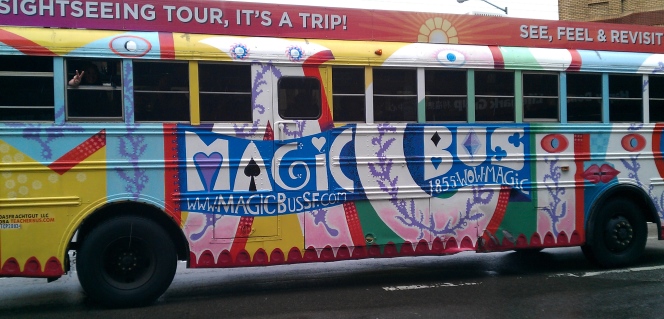 In many ways San Francisco has become its own museum, or Disneyland. Discoveries that were revolutionary when I arrived–bell bottoms, peace signs, tie-dyed T-shirts–are symbols marketed now to tourists. Over the years, bands split up; musicians died; political radicals became professors. Pedestrians stopped smiling at each other. Drivers started honking at other drivers. Rents shot up.
In many ways San Francisco has become its own museum, or Disneyland. Discoveries that were revolutionary when I arrived–bell bottoms, peace signs, tie-dyed T-shirts–are symbols marketed now to tourists. Over the years, bands split up; musicians died; political radicals became professors. Pedestrians stopped smiling at each other. Drivers started honking at other drivers. Rents shot up.
Yet in its wizened heart, this is still the City of Love. Every once in a while a crack appears in its 21st-century Silicon veneer, and the old San Francisco seeps or bursts through like Pele’s lava. This past weekend was one such breakthrough: the annual Hardly Strictly Bluegrass Festival, the late Warren Hellman’s gift to musicians and music-lovers. For three days, the leafy midsection of Golden Gate Park overflowed with bands and fans–a lavish buffet, and all free. Taking Hellman’s generosity one step further, local band Moonalice live-streamed much of the festival, so that you could hear and see it even if you couldn’t be there.
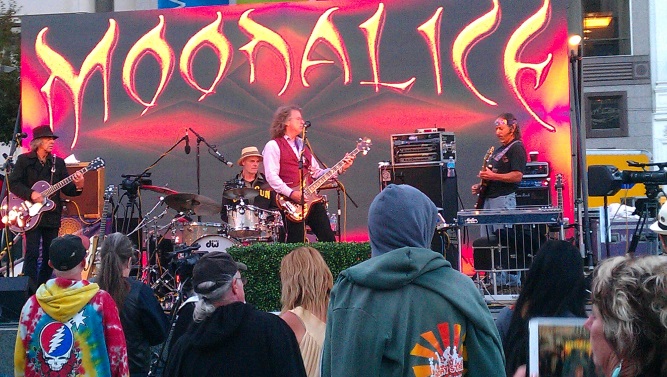 Tonight Moonalice popped up again with a free set in Union Square. The irony of listening to gritty old rock-&-rollers playing in the lavish shadow of Saks Fifth Avenue, Tiffany’s, and Williams-Sonoma (I kid you not) was outweighed by the magic of the music–and the ghosts it called up: tie-dyed shirts, peace signs, gray-bearded men toking on aromatic Js, time-ripened girls wafting in long wavy hair and skirts. And the children! A two-year old bobbed in his mother’s arms; a three-year-old jumped ecstatically up and down. Four- to six-year-olds made up their own moves. As always, every child felt the music throbbing inside like a communal heartbeat, and had to dance.
Tonight Moonalice popped up again with a free set in Union Square. The irony of listening to gritty old rock-&-rollers playing in the lavish shadow of Saks Fifth Avenue, Tiffany’s, and Williams-Sonoma (I kid you not) was outweighed by the magic of the music–and the ghosts it called up: tie-dyed shirts, peace signs, gray-bearded men toking on aromatic Js, time-ripened girls wafting in long wavy hair and skirts. And the children! A two-year old bobbed in his mother’s arms; a three-year-old jumped ecstatically up and down. Four- to six-year-olds made up their own moves. As always, every child felt the music throbbing inside like a communal heartbeat, and had to dance.
When Moonalice rippled out a rambling hommage to Bob Dylan, many of us sang together on the chorus, but in my mind the challenge twisted:
Waiting to find out what price
We have to pay to be able
To go through all these things twice.
Thank you, Moonalice. Thank you, Warren Hellman. Thank you, San Francisco.


